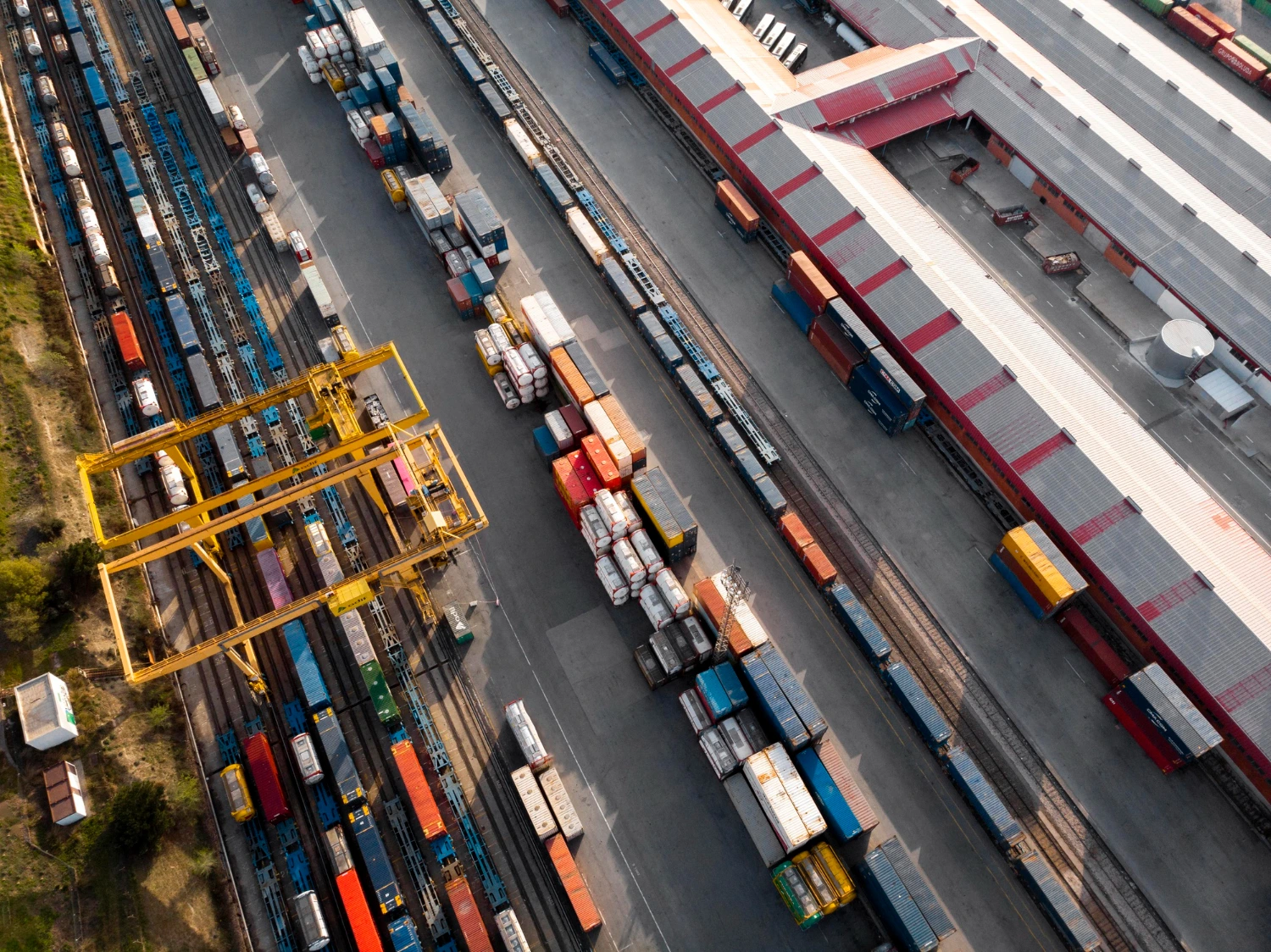Cargo Theft in the USA: The Growing Headache of Logistics

Cargo theft has become a nightmare in the United States, which highly affects the logistic and supply chain industries. While reported incidents are on the rise, shippers and carriers are finding it increasingly difficult to deal with the financial and operational consequences of stolen goods. The numbers tell a grim story about the current state of cargo security, and the forecast for 2025 is no different.
The Scale of the Problem
Cargo theft has increased significantly over the past few years. According to Overhaul, a supply chain risk management company, cargo theft increased by 49% in the first half of 2024 compared to the same period in 2023. Another industry watchdog, CargoNet, recorded 925 cargo theft incidents in Q1 2024, up 46% compared to Q1 2023. The average value of shipments stolen was $281,757 per incident, while total losses recorded in Q1 reached $154.6 million.
The commodities that keep getting targeted the most include electronics at 23%, followed by home and garden products at 14%. High-value goods, which are also easily resold, make for very attractive targets to organized crime rings that have become increasingly sophisticated in their modus operandi.
Hotspots of Cargo Theft
California accounted for 45% of the cargo thefts reported during the first half of 2024 and remains the state most targeted by cargo thieves. Even Southern California is referred to as the "Red Zone." Texas, Florida, and Georgia rank up there, too. Many times, cargo theft tends to occur in areas near large transportation hubs and distribution centers.
Increased Factors
Several factors contribute to the rise in cargo theft:
Organized Crime: Organized criminal networks have turned increasingly sophisticated to strike at freight, using technology to trace the movement of high-value shipments and finding vulnerabilities along the supply chain.
Economic Pressures: Economic downturns and inflation have raised the ante for thieves since a rapid sale is all that it takes to move merchandise into secondary markets.
Driver Shortages and Delays: The continued shortage of drivers, coupled with delays in transit, has made a truck parked and unattended especially vulnerable to theft.
Loopholes in Technology: As technology improved supply chain visibility, it also opened avenues for thieves to locate and intercept shipments.
Impact on the Logistics Industry
The financial loss due to cargo theft is huge. The direct loss of goods translates into increased insurance premiums, court cases, and loss of reputation for the shipper and carrier. Besides these direct economic impacts, the losses lead to supply chain disruption, delayed shipment, failure of delivery within the estimated timeframe, and disappointed customers.
It places a greater burden on an already pressured transport world, as for carriers, increases the amount of thieves. Added with empty miles, increased operation costs, and less trust from shippers, problems with profitability heighten.
Shipper specific impacts include having to find replacement goods, managing customer relations, and other potential legal ramifications associated with such a problem.
2025 Projections
The rate of cargo theft is expected to continue upward heading into 2025. Organized crime is going to become more advanced, using new technologies to thwart security. And with economic uncertainty continuing and reliance upon e-commerce-a generally high-value good-the incidents of theft will continue to rise.
Unless huge investments in security measures are made, the logistics sector is set for unprecedented losses in the coming years, analysts warn.
Combating Cargo Theft
While the outlook may seem grim, there are some ways that shippers, carriers, and freight brokers can reduce their chances of falling victim to cargo theft.
Intensify Security: Advanced tracking technologies such as GPS, geofencing, and real-time monitoring can be utilized to help prevent theft and enhance recovery rates.
Freight Broker Collaboration: Freight brokers can help facilitate secure transportation by vetting carriers, managing risk, and providing end-to-end shipment visibility.
Driver Training: Proper training of drivers on safe parking practices, identification of suspicious activities, and prompt incident reporting can reduce vulnerabilities.
Data Analytics: Data analytics will help in finding routes and times that possess a high risk to plan safer shipments.
Law Enforcement Partnerships: Through partnerships with local and federal agencies, reporting and recovery can be facilitated, theft may be deterred, or an apprehension could result.
The Role of Freight Brokers
Most importantly, freight brokers can help in combating cargo theft because of their experience and resources. In this respect, brokers can prevent theft by properly screening the carriers and verifying that they adhere to safety regulations. Many brokers also offer shipment tracking in real-time and insurance options to appease the shipper.
Brokers also play a critical role in route optimization, enabling carriers to avoid high-risk areas and minimize their transit times. This of course improves efficiency, but also reduces the possibility of theft.
A Call to Action
The uptick in cargo theft makes an industry-wide call to action quite imperative. The response to this challenge requires an all-inclusive approach-from investment in technology and infrastructure to coordination among the stakeholders.
All this places the onus on the shipper, carrier, and freight broker to implement comprehensive security measures, share intelligence, and adapt to changing threats. In so doing, each will protect their assets, sustain trust, and ensure supply chain resilience.
Final Thoughts
Cargo theft is not only a financial problem but also a threat to the integrity of the whole logistics industry. Going into 2025, proactive measures with strategic partnerships are going to be critical in battling this increasing crime. Of course, the question will not be whether the industry can adapt but rather how quick and effective it can rise to the challenge.
In this way, the logistics industry can secure its future and keep on moving the globe, provided it prioritizes security and collaboration.
Sources
CargoNet
Overhaul
PR Newswire
Claims Journal
American Trucking Associations (ATA)
FreightWaves
National Insurance Crime Bureau (NICB)
Federal Motor Carrier Safety Administration (FMCSA)
 29 Sep 2025
29 Sep 2025
The future of logistics automation: AI, Tracking & predictive analytics
The logistics industry is undergoing a technological transformation. Supply chains are becoming more complex, while customers demand speed, accuracy,…
Read More 24 Sep 2025
24 Sep 2025
Transparency in logistics = Customer trust
In logistics, speed and accuracy of delivery are essential. But today, customers expect more: they want full transparency at every stage of transport…
Read More 22 Sep 2025
22 Sep 2025
5 Steps to building a reliable supply chain in the USA
A reliable supply chain is the foundation of a stable business. In today’s world of constant market changes, global challenges, and seasonal fl…
Read More